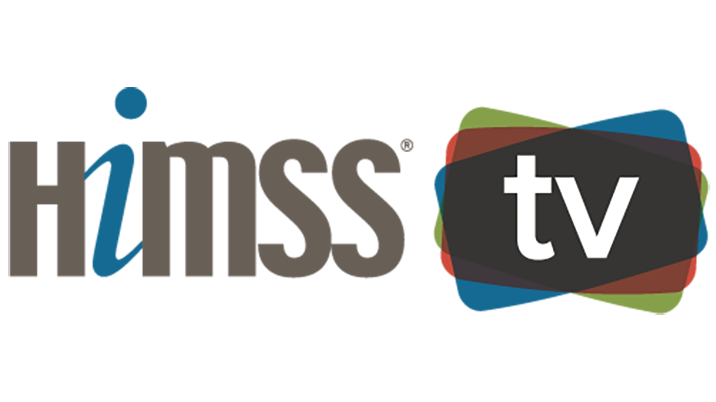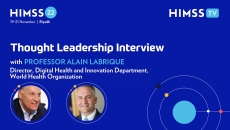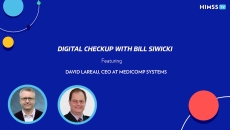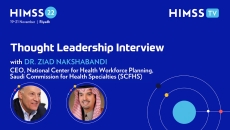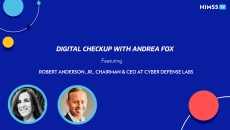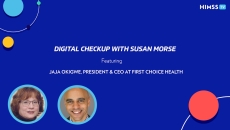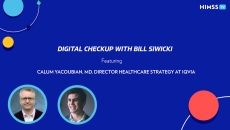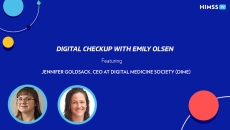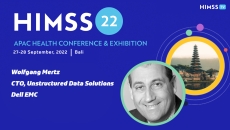HIMSS TV
The WHO’s Digital Health and Innovation Department director, professor Alain Labrique, explains the department's mandate and how member states can deploy investments to build strength into their healthcare systems.
Diagnostically connected data can assist progress in interoperability, according to David Lareau, Medicomp Systems CEO, who explains how the 21st Century Cures Act, TEFCA and FHIR figure in.
Hospital leaders must focus on improving operations, building new revenue streams, and preventing regulatory risk, according to Nioura Ghazni, a partner in the corporate practice group of Sheppard Mullin’s San Francisco office.
National Center for Health Workforce Planning CEO Ziad Nakshabandi discusses the reskilling and upskilling of healthcare workers and how that effort aligns with the Kingdom's Vision 2030 objectives.
Robert Anderson, Jr., CEO of Cyber Defense Labs, on how healthcare organizations protect themselves against cyberattacks, federal technology resources, policy implications and the complexities of cyberinsurance.
CEO of First Choice Health Jaja Okigwe says that risk-based contracts free providers up from billing for services to think about the person's health more comprehensively.
Sequoia Project board member and MRO VP Rita Bowen talks about the tensions between data usability, interoperability, HIPAA, third-party compliance and the protection of highly personal information.
NLP can assist greatly with social determinants of health, real-time clinical decision support, predictive analytics and precision medicine, says Dr. Calum Yacoubian, IQVIA's director of healthcare strategy.
Jennifer Goldsack, CEO of the Digital Medicine Society, discusses the ways newcomers in the field can move trends in the adoption of healthcare technology.
Dell Technologies wants to help healthcare providers in consolidating data. This enables access to precision medicine and supports strategies in cyber protection, says Wolfgang Mertz, CTO for Unstructured Data Solutions.
